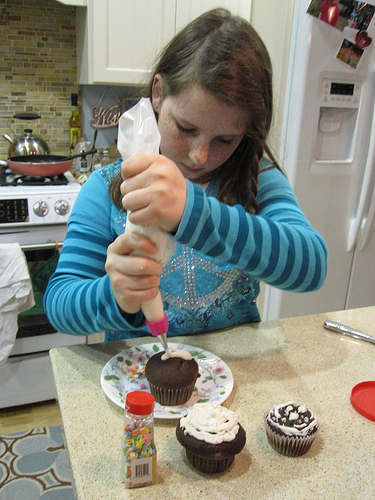Category: Education
-

Fall 2020 education: flexibility is key
We need to make sure that thoughtful reconsidering of what school should be is part of the conversation about reopening schools. Let’s make sure the districts hear our voices, and don’t think that reversion to the status quo is any sort of achievement.
-

Support your teen who is learning at home
The other day I wrote about homeschooling tips you can use with your suddenly-at-home younger kids. Today I’m addressing your teens, who may have quite different needs. Whether your teen is homeschooled or at school in regular life, things have changed. They are now home 24/7 and that can exacerbate existing tensions. Teens thrive with…
-

Temporary homeschooling tips!
You may not be in a position to become a homeschooler full-time, but here are some tips for ways that you can keep your kids—and you—from going insane in the short term.
-
Need to teach online?
Here are a few pointers from someone who does it every day I got a call this morning from a friend who suddenly needs to teach a hands-on class…remotely. How do you do that? Lots of teachers are asking this question, so I’m going to offer a few simple pointers. The technology is not too…
-
On the radio: The state of education in Santa Cruz and beyond
Interview with Dr. Faris Sabbah Dr. Sabbah, Superintendent of Schools for Santa Cruz County, talks about local challenges and the new charter school law, AB-1505. Click here to listen.